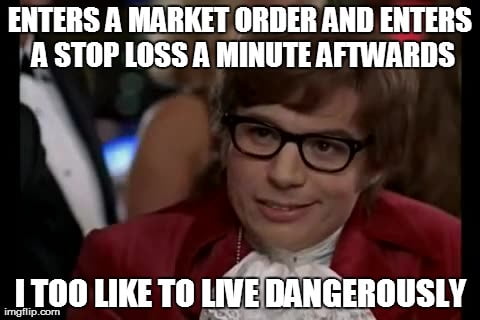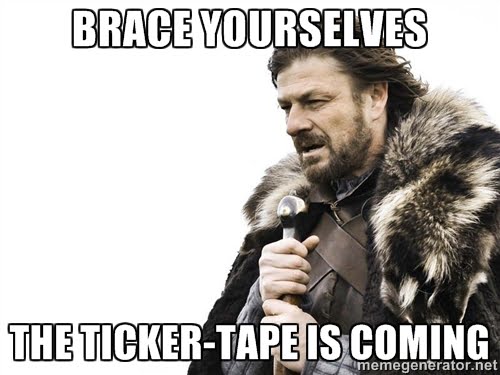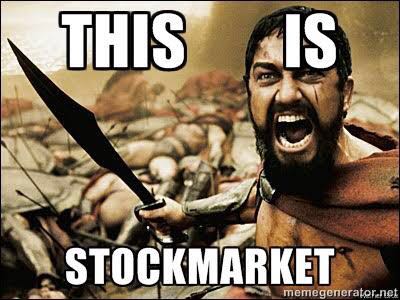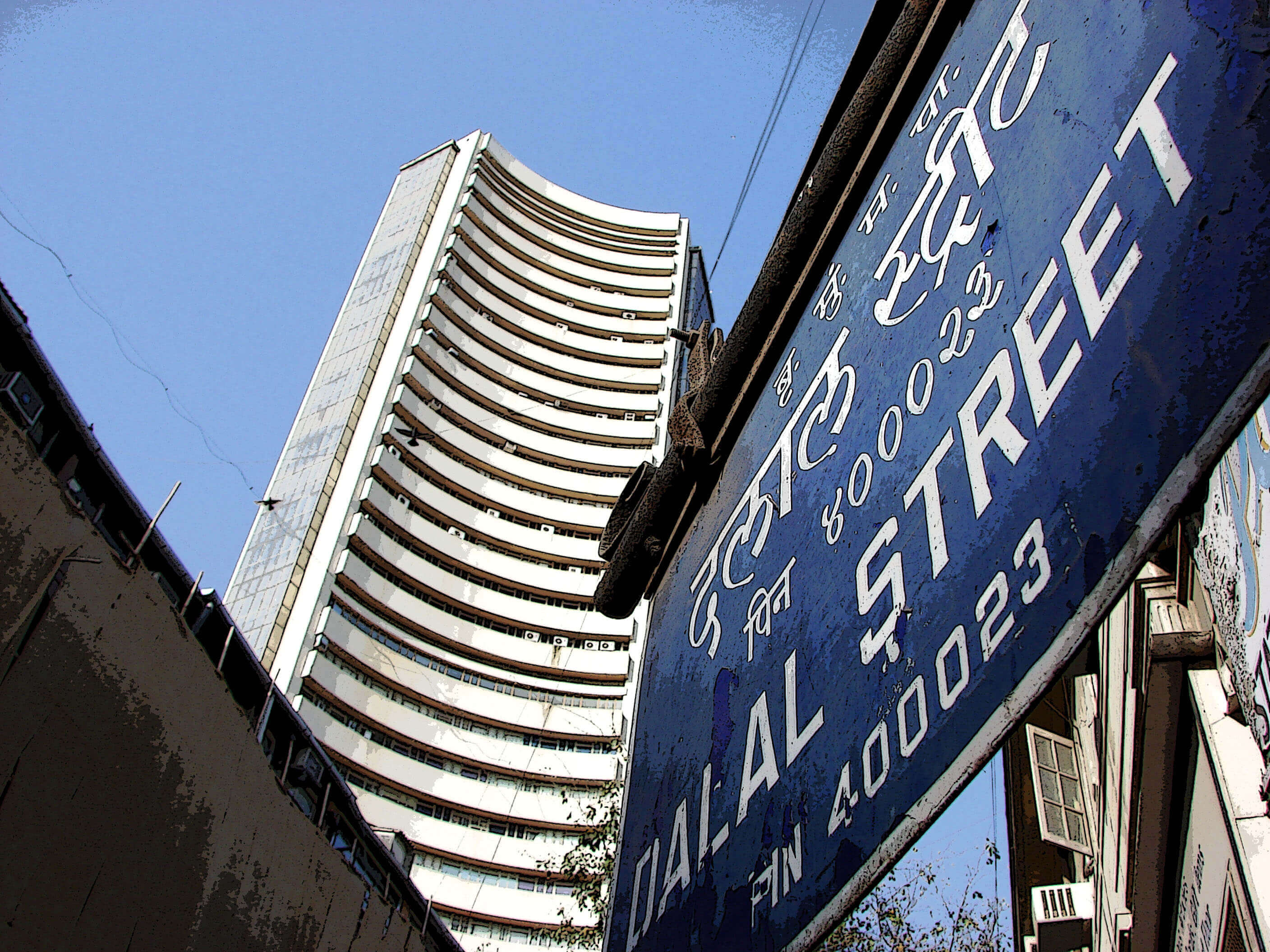By Sarthak Verma
Dalal Streeters, like any other bunch of people, have their own linguistic disposition based on what they do and see daily. That means it’s a language based on money.
They can go “long” or “short” on anything and see “upside” or “downside” everywhere. Some of them are specific to a subgroup in the D-street clan.
For example, if you ever hear someone say they’re “junked up” on something, you can bet you’re talking to a trader. That’s just how they roll. Be aware.
This could be handy if you ever find yourself stuck behind some I- bankers waiting for a drink at My Bar. It’s hard to be in a world where you don’t know the language.
1. “Long”/”short”
Long and short describe investments that could go up or down and used to replace positive or negative feelings about anything respectively. Next time you see a pundit selling advice by saying “Go long on SBI.”
Don’t compare him to a dodo for his choice of words. His financial IQ may be in the 60s but ‘long and short’ are frequently used in the markets.
2. “A Clowngrade”
When an analyst upgrades or downgrades a stock for a reason as poor as your sub-broker’s investment advice. The underlying motives for an upgrade or downgrade can be unethical. Who said you would get to meet Ethics officers in D-street?
For instance, someone with a personal interest in the decline of a share, such as someone who has sold the share short, will profit from investors driving down prices in the overall market. Seems like Greed is good after all.
Trader: “You see that NDTV analysts’ SBI clowngrade? You can’t monetize that s— yet!”

“I Don’t Know you, but I fill find your stock and clowngrade.“
3. “Stop Loss“
This means saving your “ticking “ass and placing a limit on the potential losses on a stock by telling your broker to sell the security when it reaches a certain price, slowing your heartbeat and bankrolling his commission.
For example, if you own shares of HDFC., which is currently trading around 1100, and want to hedge against a big decline, you could enter a stop-loss order to sell yours at 1050.
If HDFC trades below 1050, your stop-loss order is triggered and converts into a market order to sell HDFC at the next available price. Stop Loss more than a financial concept is a realisation that not everyone is “The Intelligent Investor”.

4. “Big swinging d—-“
Derived from Michael Lewis’s bestseller, “Liar’s Poker”, this is a term for the Belforts out there. A BSD is a person who has the biggest deals in their pocket, brings in the most money, and is the office badass everyone is always in awe of. Associated with Ketan Parekh for his circular trading bonanza.
Read More: Stock Market 101 – Lazy Guide To Investing For Millennials
5. “Put it on the tape”
Back in the old days before Demutualisation, orders to be executed by traders came out on a ticker tape – a roll of paper constantly printing orders and emptying them on the trading floor.
Now, although now this is done by algorithm-backed computers, increasing the unemployment rate and eating the trades of retail investors, the term is still prevalent today.

6. “Can you give me some more colour on that?”
A slang way to ask for additional details on a security/ announcement or news coming in; something you will hear analysts ask on earnings calls.
7. “Traded ahead”
It essentially means trading deviously by beating somebody to the punch. It happens when a specialist trades securities for his or her own firm’s account when there are unexecuted customer orders to buy or sell such securities, which could have been executed at the same price.
8. “Treat me subject“
A round about way to say ‘maybe’. In some situations, a trader could say “treat me subject” while placing an order for a client. This means that the client ‘maybe’ has their order once the trader has double-checked to make sure everything is in the clear.
Trader 1: “Are you shorting Hindalco?”
Trader 2: “Treat me subject
Trading big money or a large number of securities. Hedge fund trader: “I have a friend over at Sharekhan Ltd. that trades size all day every day. We should poach him.”
9. “Hunting Elephants”
This term is famously associated with Warren Buffett, which basically means that you’re looking for big or ‘elephant sized’ deals. D-street traders can put it after their firm acquires another or when they are free to have some trading space.

Well, trading is not as easy as mugging up these words and reading books on Stock valuation. You have to trade to trade in the markets. But to trade, you need to survive. To make sure you don’t get margin calls every weekend, the words may come in handy.
Image Credits: Google Images
Sources: Wikipedia, Investopedia, Business Insider
Other Recommendations:
After Foodtech And Fintech, These Are The Latest Trends In Entrepreneurial Sector


































